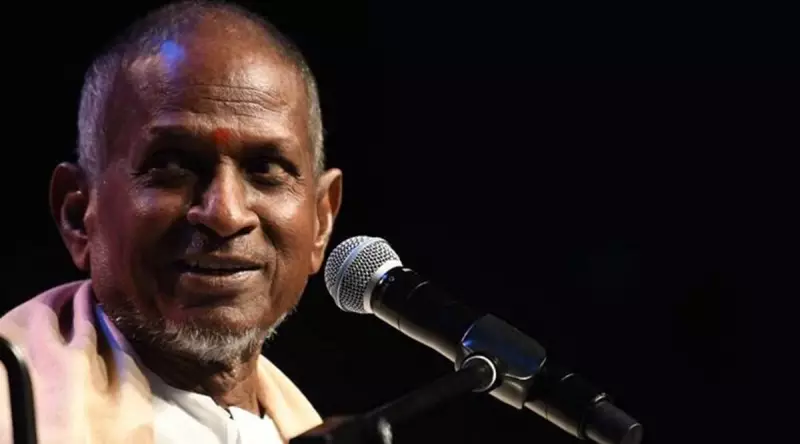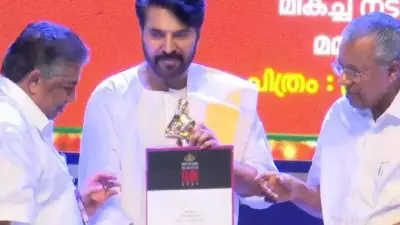
In a significant legal development that has sent shockwaves through the Indian music industry, legendary composer Ilaiyaraaja has approached the Madras High Court against entertainment giant Sony Music Entertainment India Pvt. Ltd. The celebrated musician alleges that the company has been commercially exploiting his vast repertoire of iconic compositions without obtaining proper authorization.
The 80-year-old music maestro, whose career spans over five decades and includes more than 1,000 films, claims that Sony Music has been generating substantial revenue from his creative works while completely bypassing the necessary consent and royalty agreements. This legal action represents a crucial stand for artistic rights in an era where digital distribution has complicated copyright enforcement.
The Heart of the Legal Battle
According to the petition filed before the Madras High Court, Ilaiyaraaja asserts that he remains the absolute owner of all the musical works and sound recordings created by him. The composer's legal team argues that Sony Music's actions constitute a clear violation of his intellectual property rights under the Copyright Act of 1957.
The key allegations include:
- Unauthorized commercial exploitation of Ilaiyaraaja's complete musical catalog
- Distribution and monetization of his works across digital platforms without consent
- Failure to provide appropriate compensation or royalties for the usage
- Complete disregard for the composer's moral and economic rights
A Landmark Case for Artist Rights
This legal confrontation transcends a simple contractual dispute, emerging as a potential landmark case that could redefine how the Indian entertainment industry treats legendary artists and their creations. Ilaiyaraaja's decision to take legal action highlights the growing concern among veteran artists about the preservation and proper monetization of their life's work in the digital age.
The case also raises important questions about the ethical responsibilities of music corporations toward the creators whose works form the foundation of their business. As one of India's most revered composers, with timeless hits across multiple languages including Tamil, Telugu, Malayalam, and Hindi cinema, Ilaiyaraaja's stance could inspire other artists to assert their rights more vigorously.
What's at Stake for the Music Industry?
The outcome of this legal battle could have far-reaching implications for the entire Indian music ecosystem. A favorable ruling for Ilaiyaraaja would:
- Strengthen copyright protection for musical compositions
- Establish clearer guidelines for digital rights management
- Reinforce the rights of composers and creators in royalty negotiations
- Set a precedent for how legacy artists' works should be treated
The Madras High Court's decision in this matter is eagerly awaited by artists, music companies, and legal experts alike, as it could potentially reshape the balance of power between creators and distributors in the Indian music industry.





